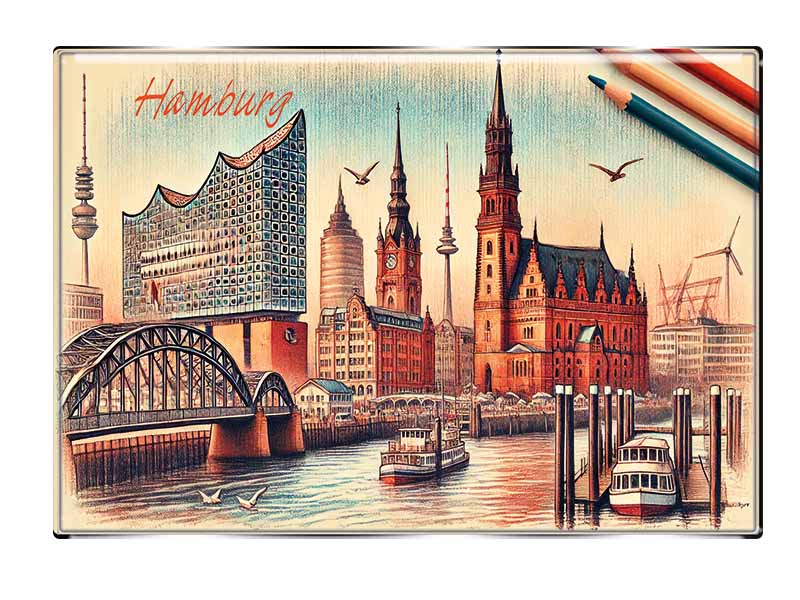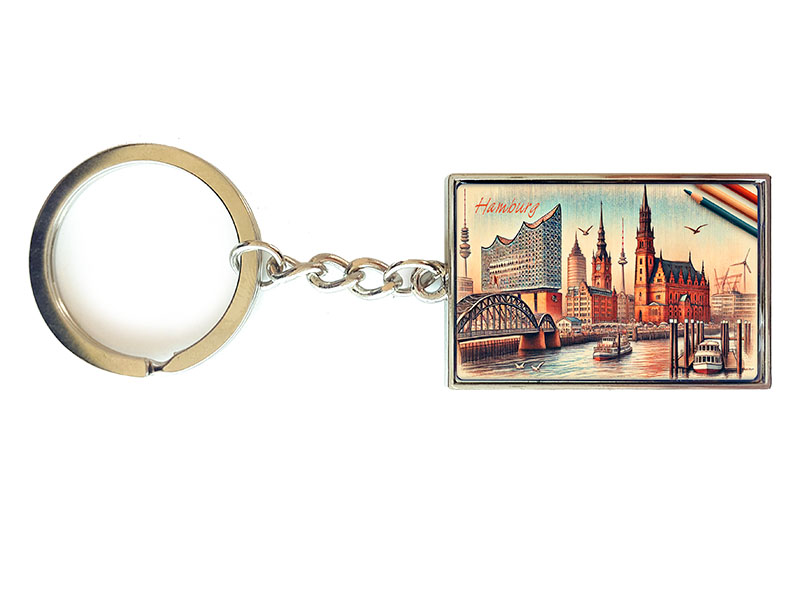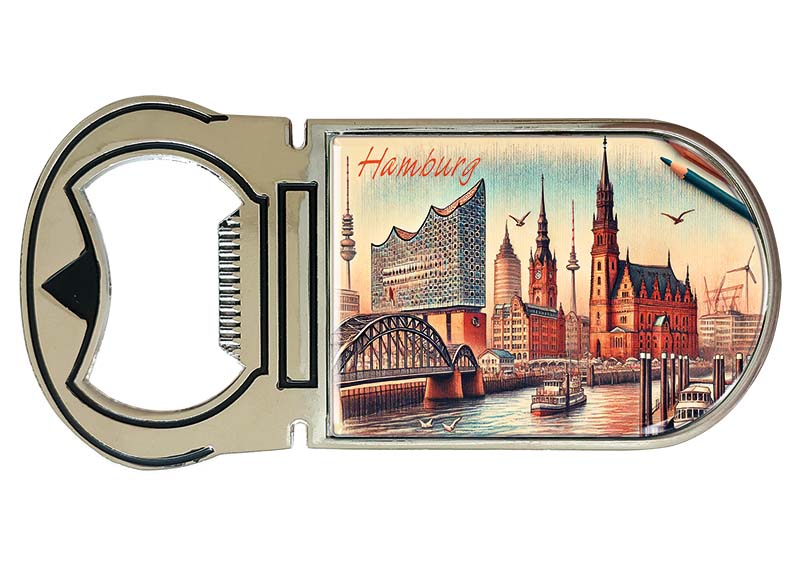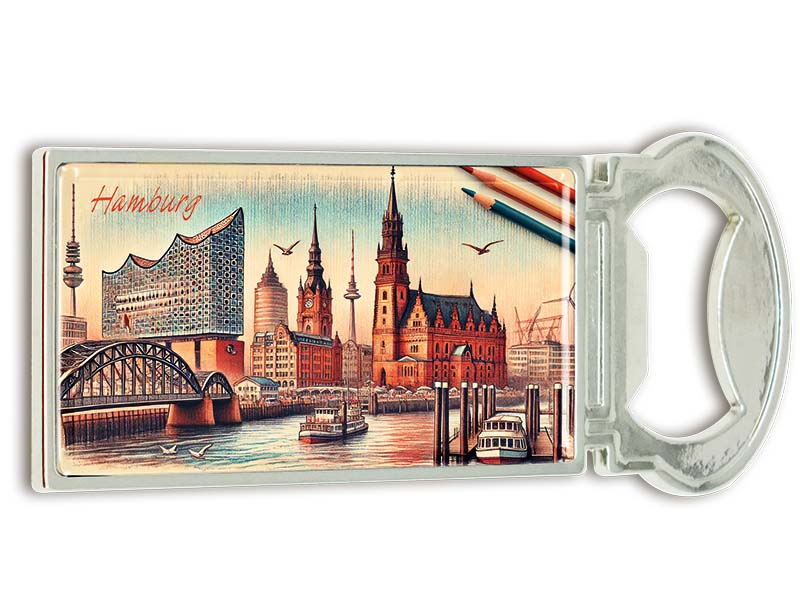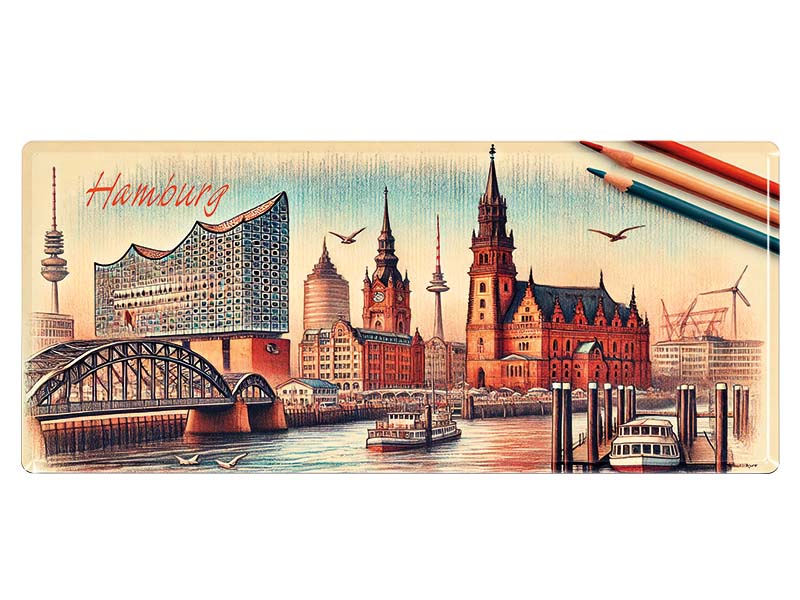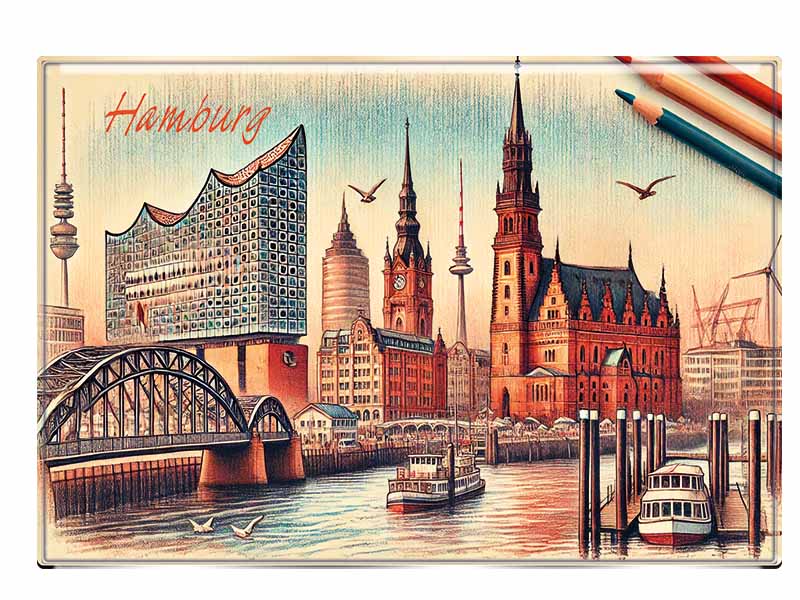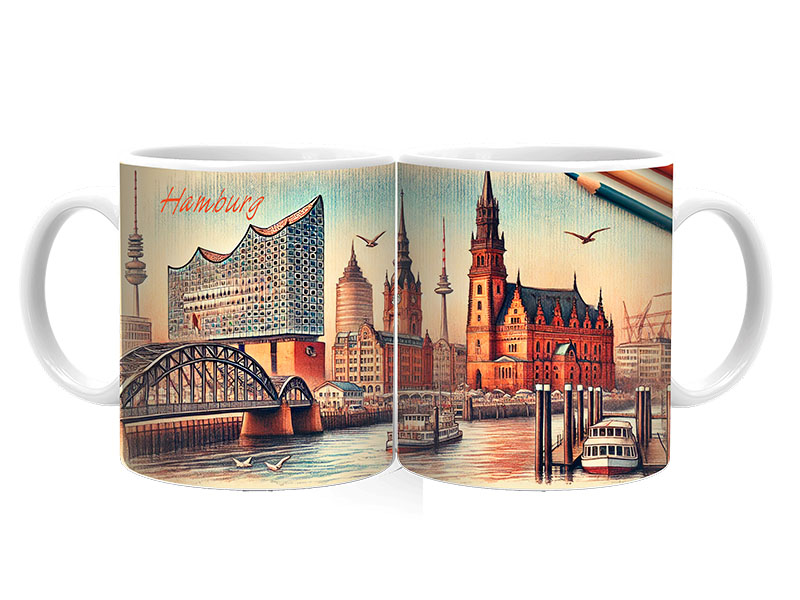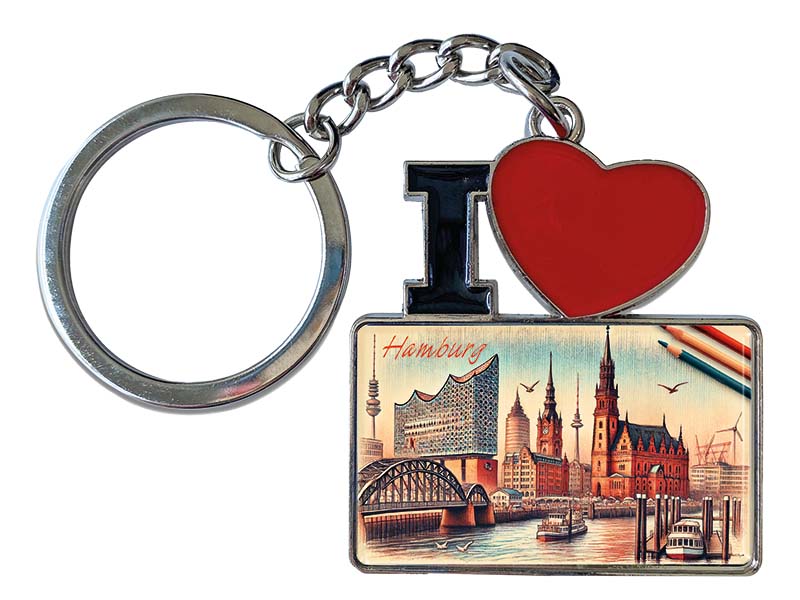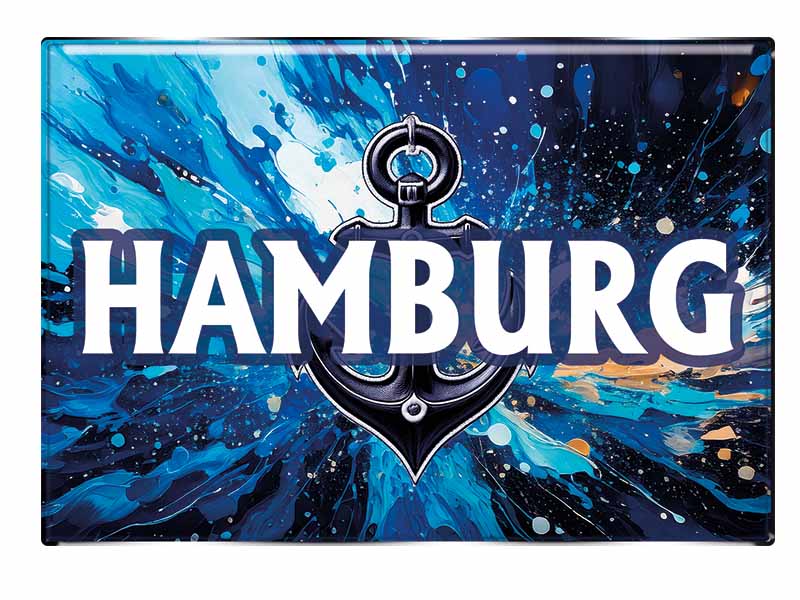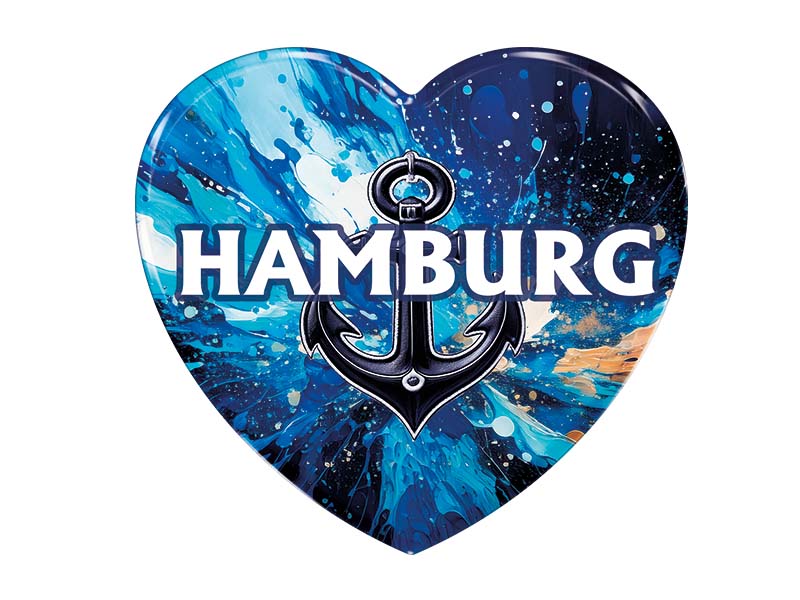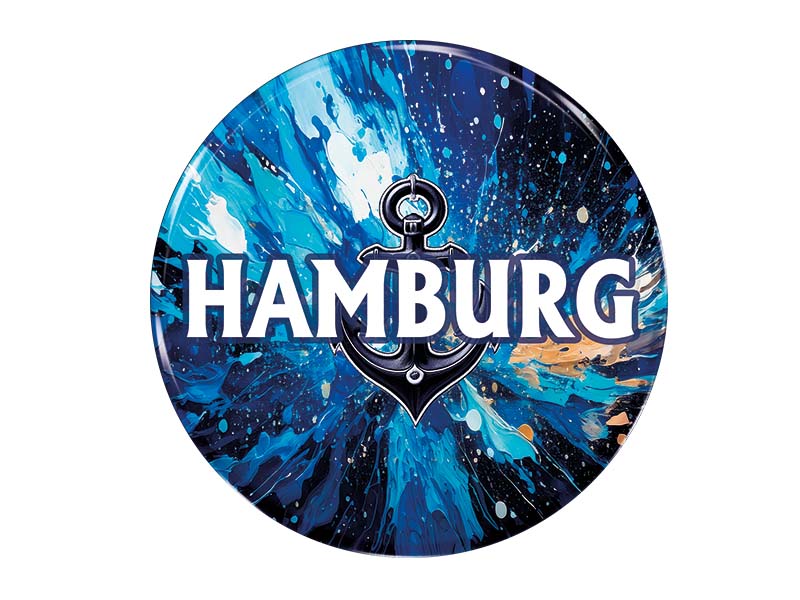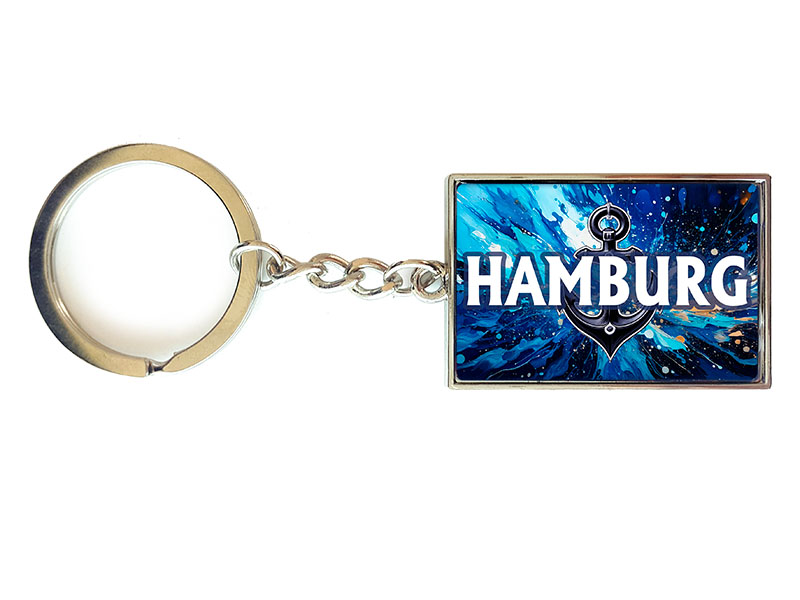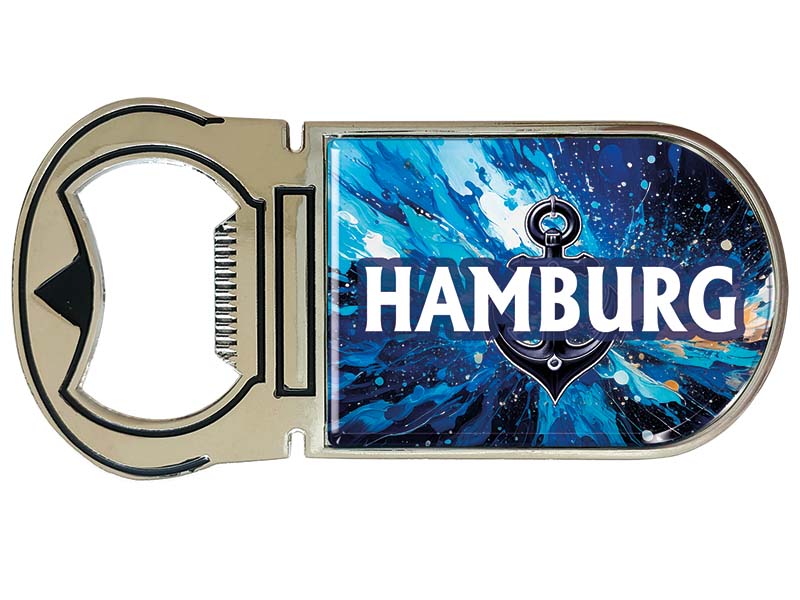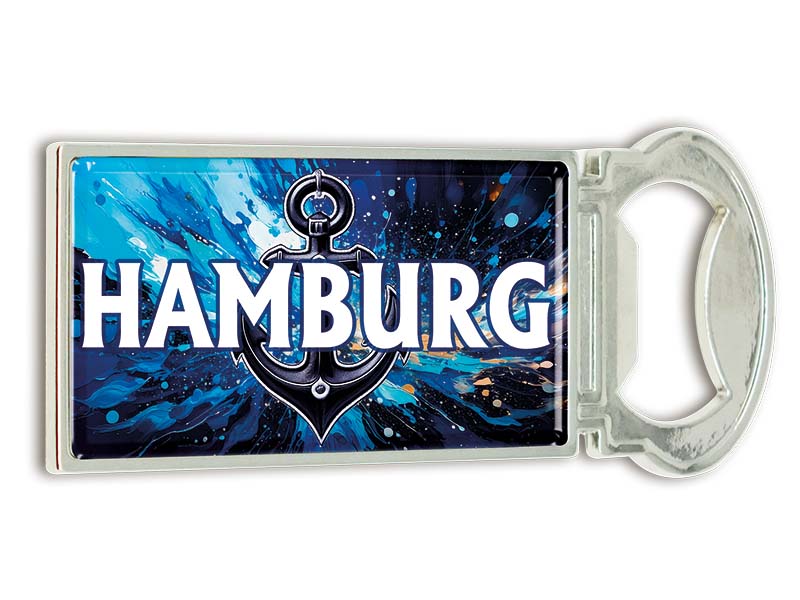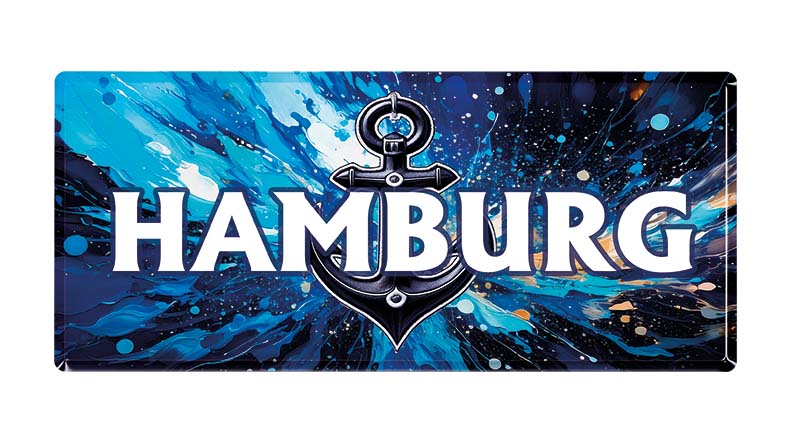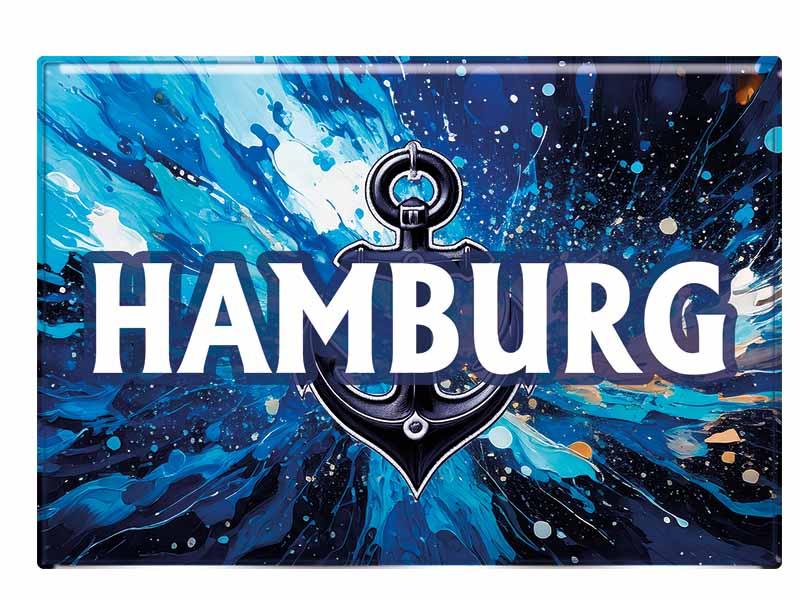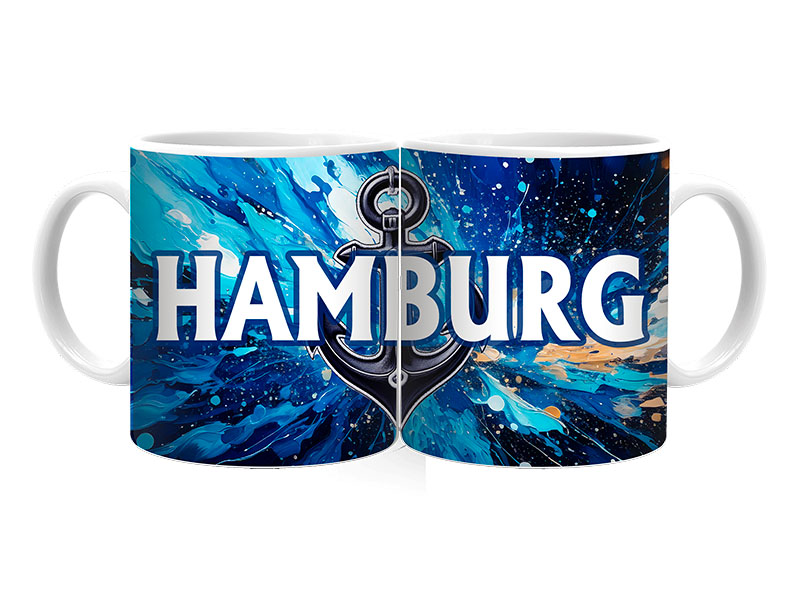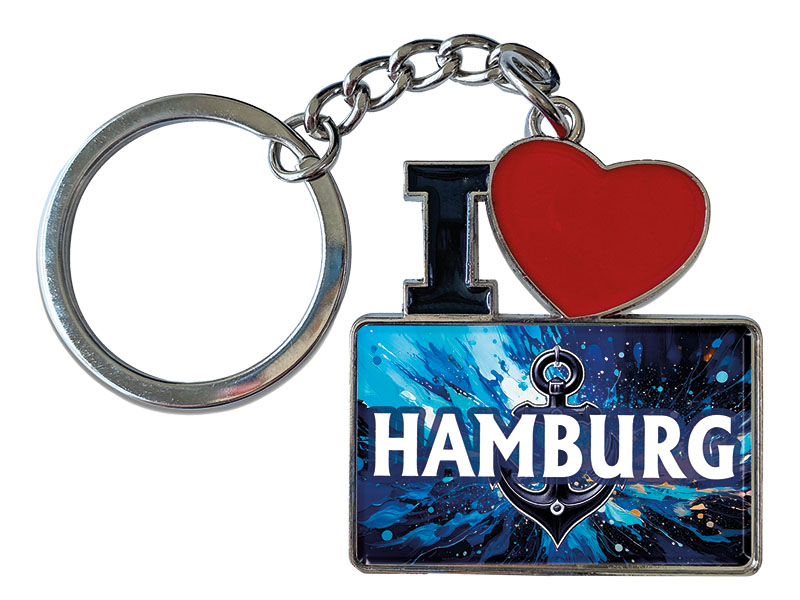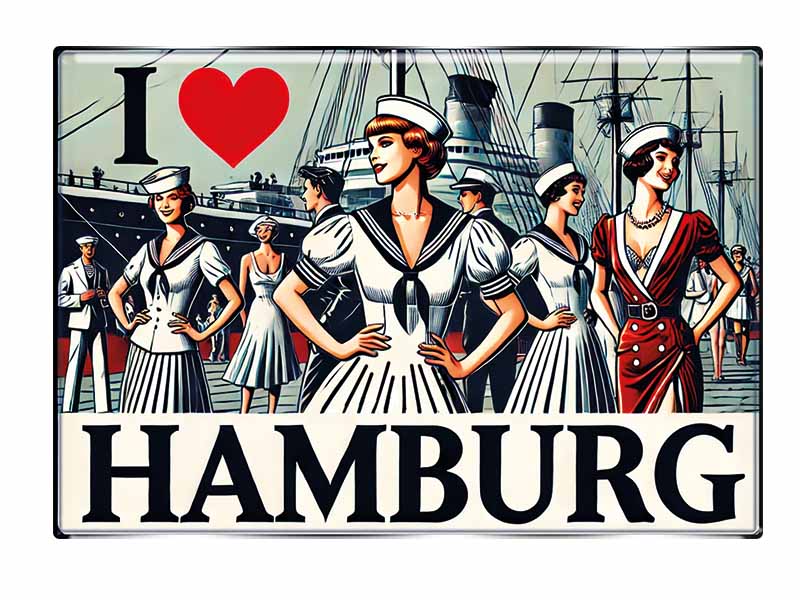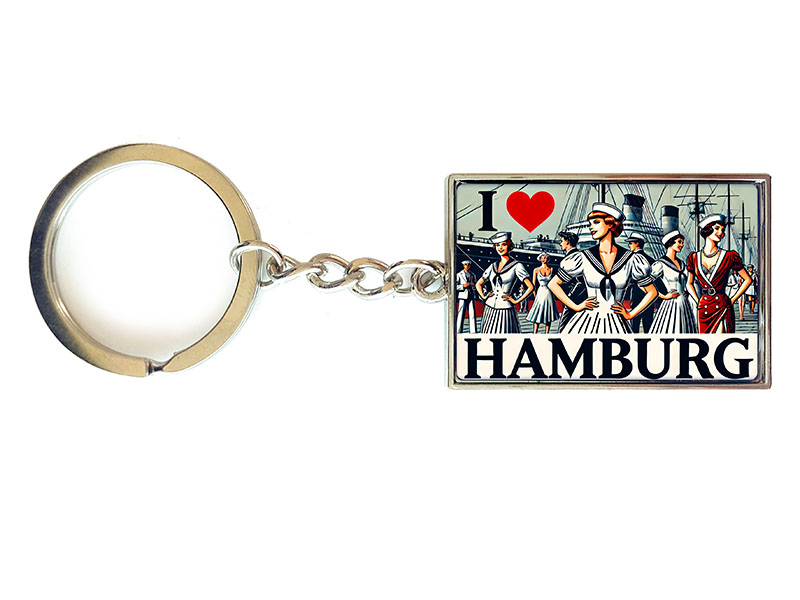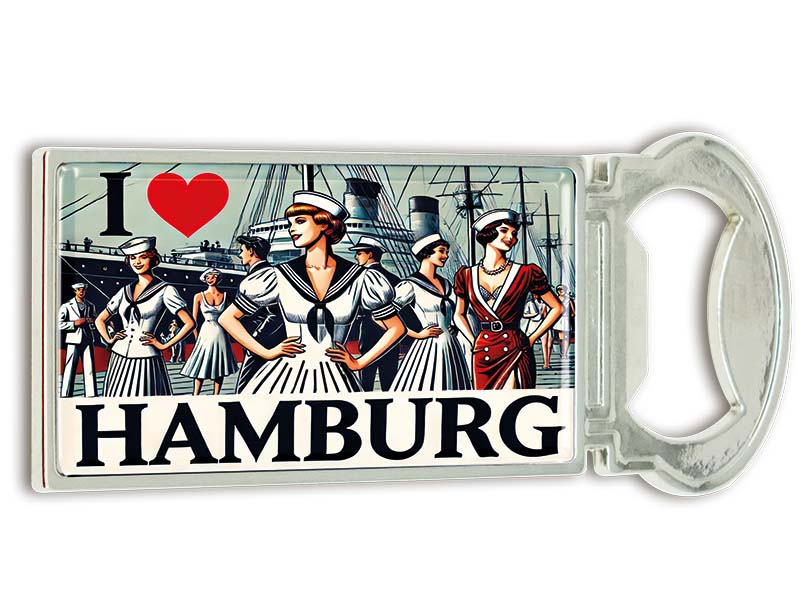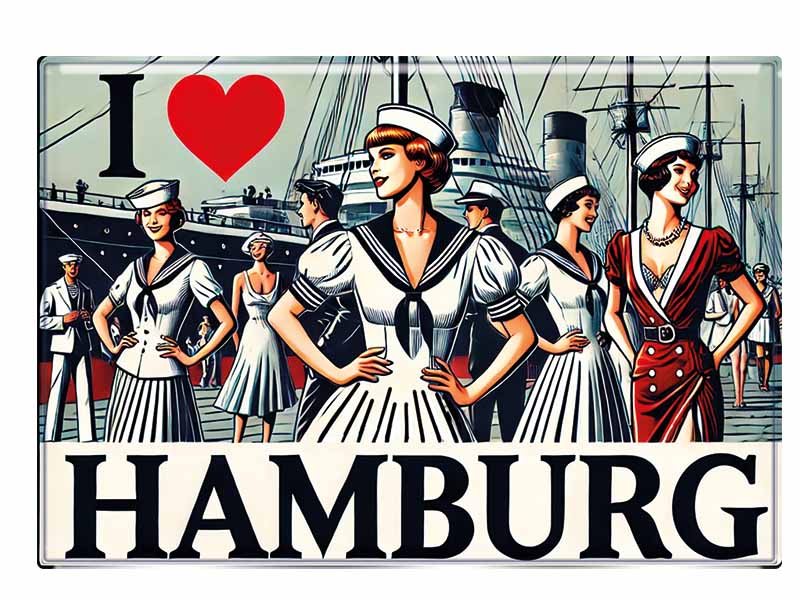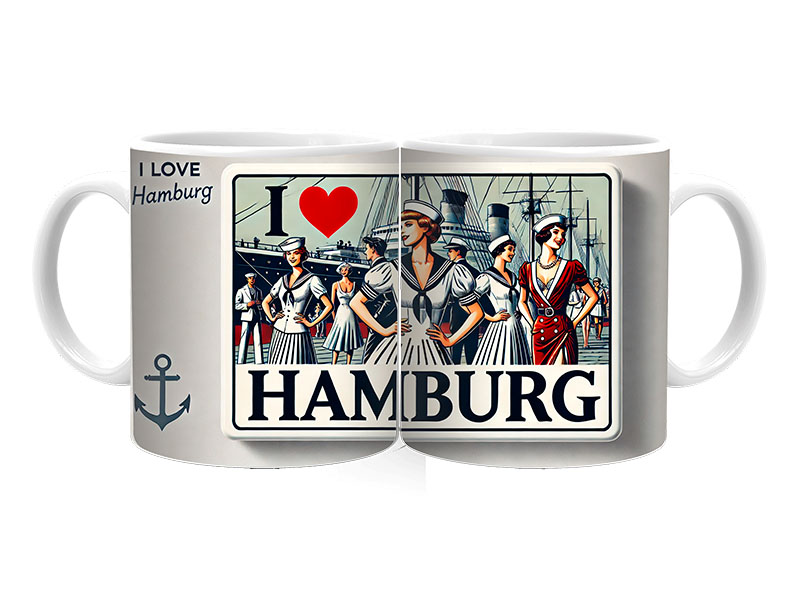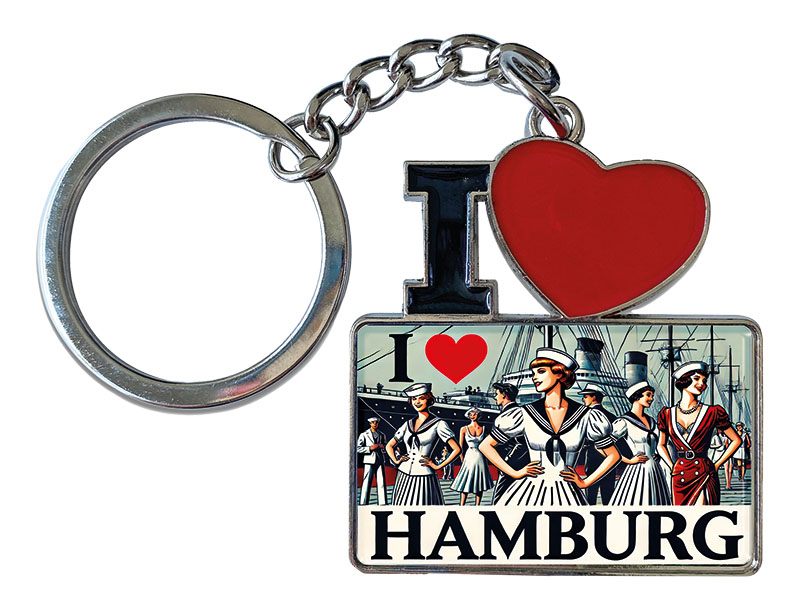- Vehicles
- Figures
- Witches
- Carnival
- Canvas
- Magnets
- Materials
- Maritime
- Hats
- New products
- Personalize
- Plush
- Dolls
- Collectible figures
- Keychain
- Special production
- %Special offers%
- Money boxes
-
Cities - Regions
- Bad Säckingen
- Bamberg
- Bayerischer Wald
- Berchtesgaden
- Berlin
- Bodensee
- Bremen
- Brocken
- Chiemsee
- Cochem
- Dinkelsbühl
- Dresden
- Eibsee
- Frankfurt
- Freiburg
- Gardasee
- Garmisch-Partenkirchen
-
Hamburg
- Harz
- Heidelberg
- Helgoland
- Insel Mainau
- Kleinwalsertal
- Koblenz
- Köln
- Königssee
- Leipzig
- Lübeck
- Mecklenburgische Seenplatte
- München
- Nürnberg
- Oberammergau
- Oberstdorf
- Rügen
- Wernigerode
- Quedlinburg
- Sylt
- Schwarzwald
- Titisee
- Passau
- Regensburg
- Rothenburg
- Traunsee
- Triberg
- Stuttgart
- Ulm
- Potsdam
- Bags/Backpacks
- Mugs
- Textile
- Animal
- Subjects
More information? sign in.
More information? sign in.
More information? sign in.
More information? sign in.
More information? sign in.
More information? sign in.
More information? sign in.
More information? sign in.
More information? sign in.
More information? sign in.
More information? sign in.
Hamburg – The Gateway to the World
Hamburg, Germany’s second-largest city, is a dynamic metropolis known for its rich history, impressive harbor, and vibrant cultural scene. With approximately 1.9 million inhabitants, it is one of the most important economic centers in Europe. Located in northern Germany, Hamburg is a city-state and one of the 16 federal states of Germany. It attracts millions of visitors each year with its stunning architecture, maritime charm, and diverse attractions.
History and Origins
Hamburg’s history dates back to the early 9th century when Emperor Charlemagne ordered the construction of a castle called "Hammaburg." Over the centuries, Hamburg grew into a significant trading hub, especially as a member of the Hanseatic League in the Middle Ages. The city flourished due to its strategic location on the Elbe River, allowing access to the North Sea and international trade routes.
In the 19th and 20th centuries, Hamburg became a major port city, playing a crucial role in global commerce. Despite severe destruction during World War II, the city was rebuilt and emerged as one of Germany’s most prosperous urban centers. Today, Hamburg continues to thrive as a financial, media, and industrial powerhouse.
Geographical Location and Climate
Hamburg is situated in northern Germany, about 100 kilometers from the North Sea. The Elbe River flows through the city, forming one of Europe’s largest ports. With numerous canals and lakes, including the Alster, Hamburg is often called the "Venice of the North."
The city has an oceanic climate, with mild summers and cool, rainy winters. Due to its proximity to the sea, Hamburg experiences frequent weather changes and high humidity.
Landmarks and Attractions
Hamburg boasts numerous attractions that showcase its historical and modern charm. Some of the city’s most famous landmarks include:
Elbphilharmonie: A stunning concert hall with unique architecture and breathtaking views over the harbor.
Speicherstadt: The world’s largest warehouse district and a UNESCO World Heritage Site, featuring red-brick buildings and picturesque canals.
Reeperbahn: Hamburg’s famous nightlife district, known for its bars, clubs, and music venues.
Miniatur Wunderland: The world’s largest model railway exhibition, a favorite among visitors of all ages.
Hamburg Harbor: One of Europe’s largest ports, offering harbor tours and the chance to see massive container ships up close.
St. Michael’s Church (Michel): One of Hamburg’s most iconic churches, with a stunning view from its tower.
Planten un Blomen: A beautiful park with botanical gardens and musical water displays.
Fish Market: A bustling Sunday market where visitors can buy fresh seafood and experience the lively atmosphere.
Tourism in Hamburg
Hamburg attracts around 7 million tourists annually, making it one of Germany’s top travel destinations. Visitors come to experience its maritime flair, cultural diversity, and world-class entertainment. Major events such as the Hamburg Port Anniversary, the Reeperbahn Festival, and the Christmas markets contribute to the city’s appeal. The combination of historical sites, modern attractions, and a rich music scene makes Hamburg a must-visit destination.
Famous People from Hamburg
Many prominent figures were born in or have lived in Hamburg, including:
Johannes Brahms (1833–1897): One of the greatest composers of classical music.
Karl Lagerfeld (1933–2019): The world-famous fashion designer.
Helmut Schmidt (1918–2015): Former Chancellor of Germany.
Otto Waalkes: A famous German comedian and musician.
Angela Merkel: Although born elsewhere, the former Chancellor has strong connections to Hamburg.
Udo Lindenberg: A legendary rock musician.
The Beatles: The band spent a crucial period in their early career performing in Hamburg’s clubs in the 1960s.
Traditional Food and Drinks
Hamburg’s cuisine is heavily influenced by its maritime location, featuring a variety of fish and seafood dishes. Some typical Hamburg specialties include:
Fischbrötchen: A fresh fish sandwich, often with herring, salmon, or shrimp.
Labskaus: A traditional sailor’s dish made of mashed potatoes, corned beef, onions, and beetroot, often served with a fried egg and pickles.
Pannfisch: Fried fish served with mustard sauce and potatoes.
Aalsuppe: A sweet-and-sour eel soup with vegetables and dried fruits.
Franzbrötchen: A sweet pastry similar to a cinnamon roll, unique to Hamburg.
Popular drinks in Hamburg include:
Astra Beer: A famous local beer brand, often associated with Hamburg’s St. Pauli district.
Pharisäer: A coffee with rum and whipped cream, originating from northern Germany.
Rotspon: A red wine aged in Hamburg, imported from France.
Typical Souvenirs from Hamburg
Visitors looking for unique souvenirs from Hamburg have plenty of options. Some popular items include:
Miniature ships: Model ships representing Hamburg’s maritime heritage.
Hamburg-themed T-shirts and hoodies: Featuring symbols like the Elbphilharmonie or the city’s coat of arms.
Franzbrötchen Mix: A baking mix to recreate the famous pastry at home.
Astra Beer Merchandise: Glasses, bottle openers, and clothing featuring the iconic beer brand.
Harbor-related gifts: Nautical-themed souvenirs like anchors, sailor caps, and maritime decorations.
Conclusion
Hamburg is a city with a fascinating history, a strong maritime heritage, and a modern, cosmopolitan vibe. Whether exploring its historic Speicherstadt, enjoying a concert at the Elbphilharmonie, or experiencing the nightlife on the Reeperbahn, visitors will find plenty to discover. With its rich culinary scene, diverse cultural offerings, and friendly atmosphere, Hamburg remains one of Germany’s most captivating destinations. Whether visiting for a weekend or an extended stay, the city offers an unforgettable experience for travelers from around the world.


